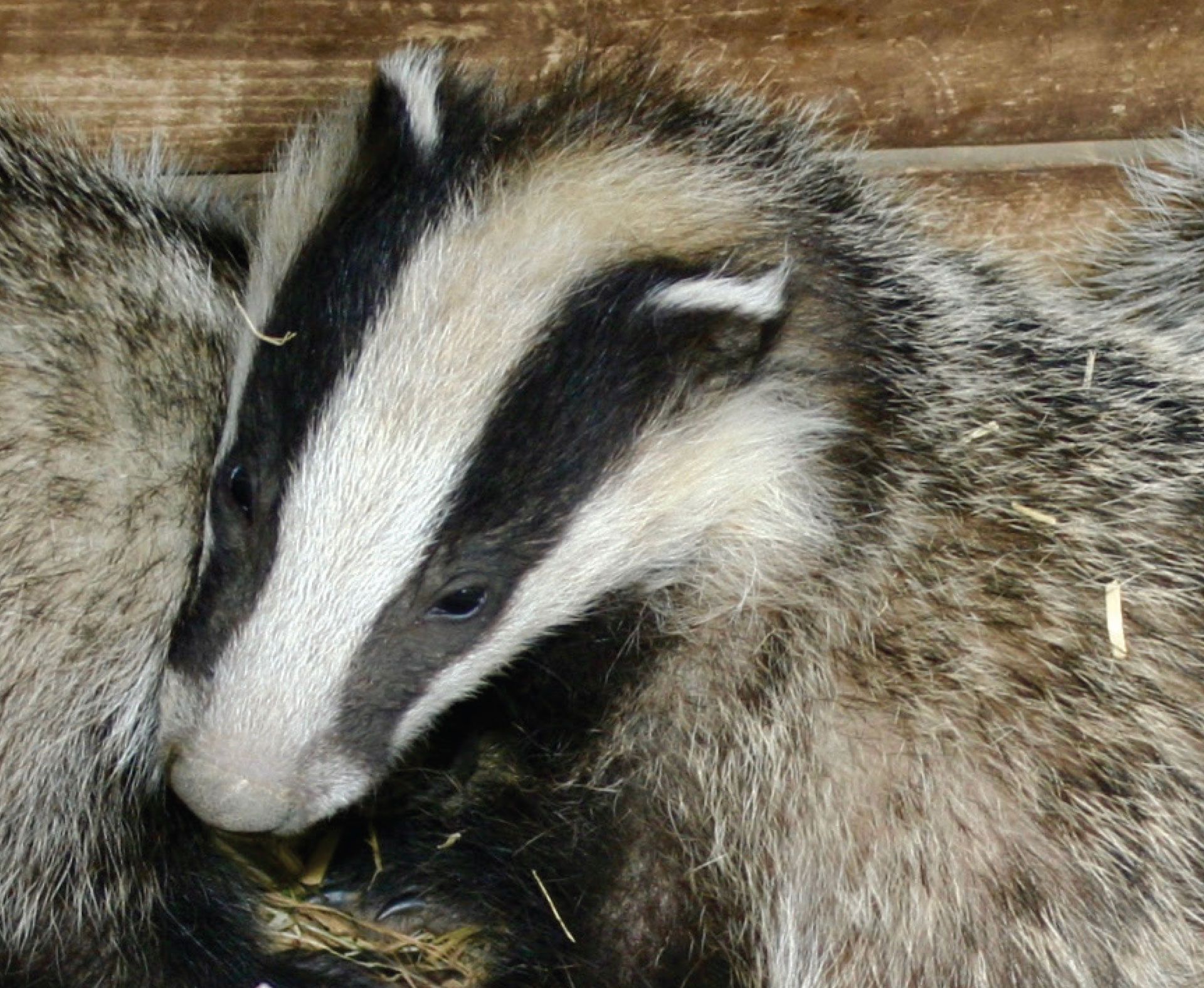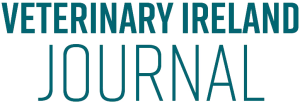UCD Research - February 2021
Supporting the national bovine TB eradication programme
Professor Eamonn Gormley from the School of Veterinary Medicine at UCD describes how the activities of the Tuberculosis Diagnostics and Immunology Research Laboratory support the national bovine tuberculosis eradication programme
In association with


Professor Eamonn Gormley
School of Veterinary Medicine, UCD
The Tuberculosis Diagnostics and Immunology Research Laboratory is based at the UCD School of Veterinary Medicine and provides support to the Department of Agriculture, Food and the Marine (DAFM) in its efforts to eradicate bovine tuberculosis (bTB). The laboratory routinely provides IFN-γ (gamma interferon) testing of blood samples from herds undergoing outbreaks of bTB. A second key area of work for the laboratory is the badger vaccine research programme where the objective is to use vaccination to control tuberculosis in badgers and break the link of infection to cattle.
Gamma-interferon (IFN-γ) blood testing
In the period 2018-2020, approximately 120,000 blood samples were submitted to the laboratory for IFN-γ testing. These samples originated mainly from bTB-infected herds where there is a high likelihood that not all infected animals were disclosed by the single intradermal comparative tuberculin test (SICTT). In these situations, the IFN-γ test can be very effective in maximising the diagnosis of infected animals. We also use the IFN-γ test to confirm the bTB infection status of SICTT positive animals. Along with the Centre for Veterinary Epidemiology and Risk Analysis (CVERA) UCD, we have investigated the performance of the IFN-γ test as it is used under current bTB infection levels in Ireland. Our analysis showed that larger herds with more SICTT reactors were likely to have more IFN-γ positives in the herd, and herds with an IFN-γ test positive animal that was also positive for bTB lesions at post-mortem had higher numbers of IFN-γ positive animals in the herd. The analysis has provided valuable information to enable the development and evaluation of policy measures on how best to strategically use the IFN-γ test.
In association with


Professor Eamonn Gormley
School of Veterinary Medicine, UCD

Figure 1: The Tuberculosis Diagnostics and Immunology Research Laboratory supports the national bovine tuberculosis eradication programme.
Research into improved diagnostics
The laboratory continues to conduct research with a view to improving the performance of diagnostic assays under Irish conditions. We are carrying out studies to identify additional cytokine biomarkers of tuberculosis infection and to understand the complex interplay between the expression of cytokines that impact on the levels of IFN-γ produced in the assay. We are particularly interested in the role of a key cytokine, CXCL10 (IP-10), and how it might be adapted for use as an ancillary diagnostic test. In whole blood assays we have found that measuring CXCL10 alone cannot substitute for IFN-γ without reducing the sensitivity of detecting bTB animals. However, when used as an additional test readout, CXCL10 can identify bTB infected animals that fail to induce IFN-γ responses. Taken together, the results demonstrate that, in particular settings, measurement of CXCL10 has the potential to complement the current use of IFN-γ in blood assays to maximise the detection of bTB.

Figure 2: The Tuberculosis Diagnostics and Immunology Research Laboratory has been at the forefront of research worldwide in developing a wildlife vaccine for use in badgers.
The badger vaccine research programme
The laboratory has been at the forefront of research worldwide in developing a wildlife vaccine for use in badgers. We have reported the detailed pathogenesis of tuberculosis infection in badgers and demonstrated that vaccination of captive badgers with BCG by a number of routes, including oral delivery, generated high levels of protective immunity against challenge with Mycobacterium bovis. The laboratory was also responsible for providing scientific direction to the Co. Kilkenny vaccine field trial where a high level of vaccine efficacy was achieved following three years of vaccinating free-living badgers subject to natural challenge with M. bovis. With the implementation of a national vaccination programme underway, the UCD laboratory continues to provide key scientific support to underpin the delivery of the strategy.
The UCD laboratory has also assisted in the development and validation of new serological tests for diagnosis of tuberculosis in badgers in collaboration with APHA-UK, and a consortium led by VISAVET Health Surveillance Centre, Universidad Complutense de Madrid. We contributed to the evaluation of two new ELISA platforms for recognition of the P22 multi-protein complex derived from the purified protein derivative (PPD) of M. bovis. The two ELISA tests showed estimated sensitivity levels of 74%-82% in experimentally and naturally infected badgers with specificities ranging from 75%-100% depending on the badger population tested. We are also providing samples and expertise to joint Ireland-UK studies to validate a number of novel diagnostic tests. The benefit of these studies is that they provide key diagnostic information to assist the DAFM in the development of specific strategies for deployment of BCG vaccine to badgers as part of the national vaccination programme.
References available on request.















